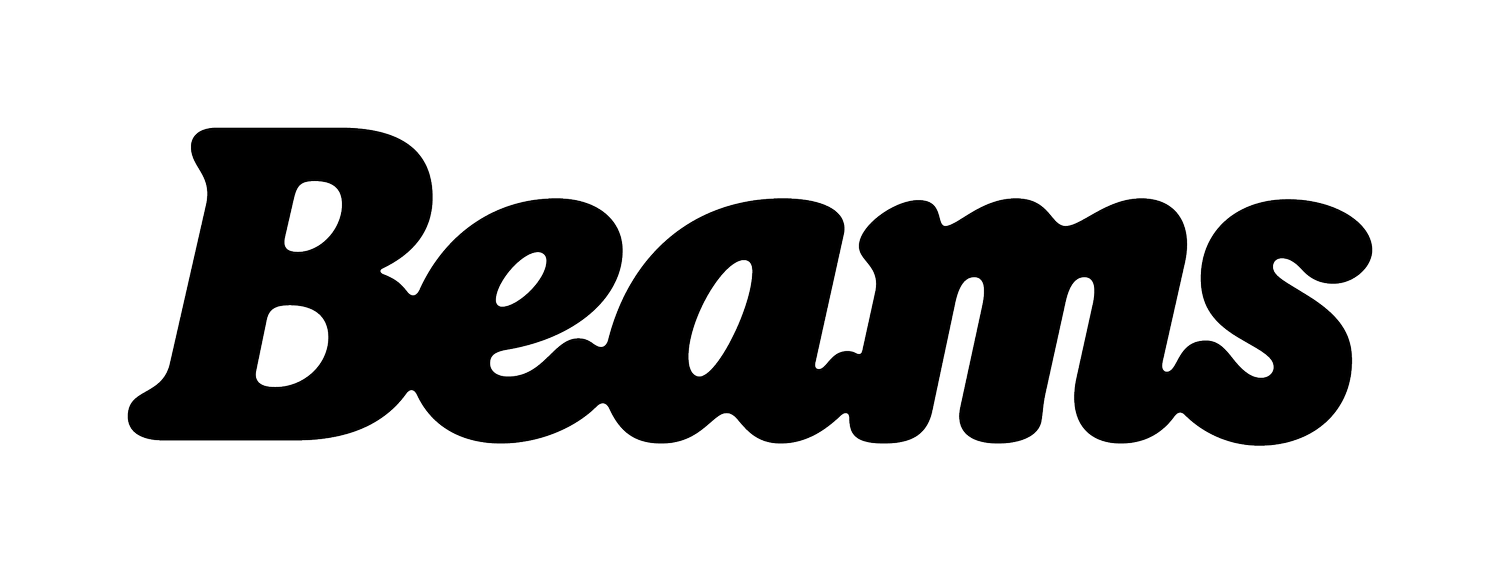Quartz vs. granite worktops: Which is the better choice in 2025?
Choosing the right kitchen worktop is one of those deceptively simple decisions. You’re not just picking a surface – you’re choosing how much maintenance you want, how heat-proof your kitchen needs to be, and how much variation you’re willing to embrace. Two of the most popular options in UK homes are quartz and granite. Both are premium materials with a reputation for durability, but they come with different pros, cons, and care demands.
Here’s a detailed comparison – complete with UK price ranges, care tips, and our honest view on which material wins where.
TL;DR
Quartz offers easier upkeep, consistent pricing, and loads of design options – perfect for modern kitchens. Granite is better for heat resistance and offers a more natural, one-of-a-kind look. Both cost around £375/m². Choose quartz for practicality, granite for character.
What Is the Cost Difference Between Quartz and Granite?
Quartz and granite worktops both sit in the £350–£400 per m² range for supply and installation. For a standard kitchen:
Small (3m): around £1,100–£1,200
Medium (6m): around £2,200–£2,400
Large (9m): around £3,300–£3,600
Quartz tends to offer consistent pricing, regardless of colour or pattern. Granite, on the other hand, varies more – especially with rarer slabs or imported stones. A unique granite pattern may bump your budget by 10–20%.
👉 Winner: Quartz
Why: Fewer pricing surprises and more predictability across colour choices.
How Durable Are They?
Both materials are impressively tough – just in slightly different ways.
Quartz is engineered with resin, making it non-porous and highly resistant to staining, scratches, and bacteria. It’s hard-wearing and reliable for everyday use.
Granite is natural stone. It’s just as strong structurally – and often more heat tolerant – but being porous, it requires occasional sealing to prevent staining or moisture damage.
👉 Winner: Tie
Why: Quartz handles liquids better. Granite is tougher under stress and heat. Depends on your priorities.
What About Ongoing Maintenance?
Quartz is virtually maintenance-free. It doesn’t need sealing or specialist products – a quick wipe with warm soapy water is usually enough. It’s a go-to for busy homes or anyone who prefers low-effort upkeep.
Granite needs sealing once or twice a year to stay protected, especially around sinks or high-spill zones. Forgetting this can result in dull patches or water marks.
👉 Winner: Quartz
Why: Less maintenance, less fuss. Especially useful if you’re managing a busy household or rental.
Which Is More Heat Resistant?
Granite has the edge here. Because it’s formed by natural geological processes, it can comfortably handle hot pans placed directly on the surface – though we still recommend using trivets.
Quartz is resistant to heat, but the resin content means prolonged direct heat (above 150°C) can cause discolouration or cracking. Popping a hot saucepan down for even a few seconds could leave a mark.
👉 Winner: Granite
Why: Better suited to enthusiastic cooks who regularly work with hot pans.
How Do They Compare Visually?
Quartz gives you consistency. It comes in a vast range of colours (over 500 available in the UK), and the patterns are uniform – perfect for clean, modern kitchens with symmetrical lines and colour themes.
Granite is all about individuality. No two slabs are the same, and the natural veining and crystal patterns create an organic, luxurious effect that appeals to homeowners wanting a statement finish.
👉 Winner: Tie
Why: Quartz is ideal for minimalists and designers chasing clean lines. Granite wins if you value a natural, earthy aesthetic.
What Are UK Homeowners Choosing in 2025?
According to Work-Tops.com, quartz has become the UK’s top worktop material in 2025, largely due to its blend of style and practicality.
That said, granite still has strong appeal. In a 2024 national survey cited by Royal Stone Care, 28% of homeowners voted granite worktops as their favourite design upgrade, ranking it higher than any other feature.
👉 Winner: Quartz
Why: More households are leaning towards low-maintenance, adaptable finishes – and quartz fits that brief.
Beams Renovation’s Take
At Beams, we help Londoners design kitchens that feel effortless – not just for the first few months, but for years to come.
Here’s what we tell our clients: if your priority is ease, durability, and a cohesive design look, quartz is usually the most versatile choice. It’s clean, predictable, and works with almost any style.
But if you’re after something more expressive, granite offers that rare, natural beauty that no engineered surface can match. It’s particularly impactful in period homes or traditional-style kitchens.
Ultimately, the best choice depends on how you live. If you cook often, granite’s heat resistance might win out. If you’re balancing kids, guests, and a quick wipe-down between meetings – quartz may be your best friend.
Overall: Quartz wins for simplicity. Granite wins for heat and natural flair. Pick based on how your kitchen works – not just how it looks.
